Milwaukee230 West Wells Street - Suite 706 Tel - 414.207.4426 |
Madison403 Venture Court - Suite 2 Tel - 608.320.6710 |
Defenses to Crimes in Wisconsin
 Criminal Defense attorneys are hired to investigate your case and explore all possible scenarios. They have a duty to investigate all possible defenses even if you admit guilt. In Wisconsin, some statutory and other defenses include: ■ Intoxication, ■ privilege, ■ coercion, ■ necessity, ■ self-defense, ■ mistake, ■ defense of property, ■ protection against retail theft, ■ consent, ■ duress, ■ infancy, ■ entrapment, ■ diminished capacity, ■ PTSD, ■ Not guilty by reason of mental disease or defect. The above defenses must be asserted by the defedant's lawyer. The trial judge then decides whether or not the jury is instructed about the defense. If the jury is instructed, the jury decides whether or not the defense applies/ whether the prosecution proved beyond a reasonable doubt the defense does not apply. Even if none of the above defenses apply to a case, the prosecution still has the "burden." That means that the defendant does not need to assert any defense and can still be found not guilty. For example, charges only exist because a human being (prosecutor) has an opinion that a person violated certain specific rules. If the prosecutor charges something and is unable to convince a jury to believe his or her opinion, the defendant is not guilty.
Criminal Defense attorneys are hired to investigate your case and explore all possible scenarios. They have a duty to investigate all possible defenses even if you admit guilt. In Wisconsin, some statutory and other defenses include: ■ Intoxication, ■ privilege, ■ coercion, ■ necessity, ■ self-defense, ■ mistake, ■ defense of property, ■ protection against retail theft, ■ consent, ■ duress, ■ infancy, ■ entrapment, ■ diminished capacity, ■ PTSD, ■ Not guilty by reason of mental disease or defect. The above defenses must be asserted by the defedant's lawyer. The trial judge then decides whether or not the jury is instructed about the defense. If the jury is instructed, the jury decides whether or not the defense applies/ whether the prosecution proved beyond a reasonable doubt the defense does not apply. Even if none of the above defenses apply to a case, the prosecution still has the "burden." That means that the defendant does not need to assert any defense and can still be found not guilty. For example, charges only exist because a human being (prosecutor) has an opinion that a person violated certain specific rules. If the prosecutor charges something and is unable to convince a jury to believe his or her opinion, the defendant is not guilty.
Probably the most common defense to a criminal charge is that the prosecutor failed to prove each element of each count beyond a reasonable doubt. Because the prosecutor has the "burden of proof," and not the defendant, a defendant can obtain a not guilty verdict at trial without ever testifying or presenting any defense. In most criminal cases the defendant will not testify. The choice is always up to the defendant, not the defendant's lawyer although the lawyer's job is to advise the defendant about the benefit and risk of testifying. In Wisconsin, any witness who testifies can be asked if they have ever been convicted of a crime. If the answer is yes, the witness must then answer how many times he or she has been convicted. If the witness answers correctly, the inquiry stops there. If the witness lies, the lawyer asking can then go into details of the prior convictions. Most times the trial judge will determine the number of prior convictions before the trial so the witness knows the answer. Sometimes the two sides/lawyers will fight over whether or not a prior conviction should count based on how old it is, what the charge was etc.
If charged with a crime, contact Attorney Clayton Griessmeyer who can help explain to you the different possible defenses to your case and whether they are likely to apply.
